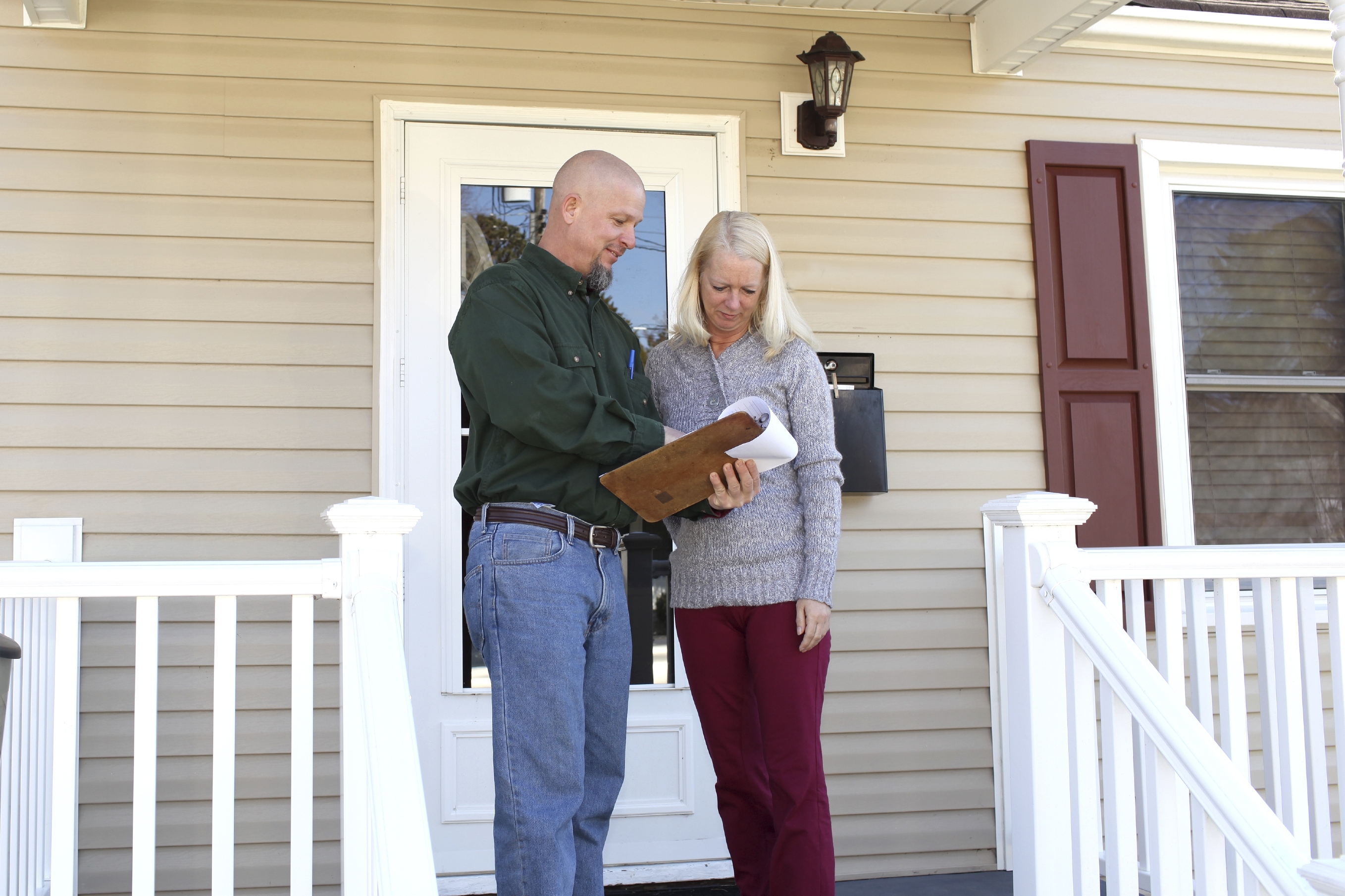Residential Energy Savings Act

Residential Energy Savings Act
Senators Sanders (I-Vt.), Wyden (D-Ore.), and Murkowski (R-Alaska) hope to attach the Residential Energy Savings Act (S.Amdt. 1932) as an amendment to S. 1392, otherwise known as Shaheen-Portman. This proposal had previously been introduced as S. 1200 on June 20, 2013. Shortly thereafter, the Energy Subcommittee of the Energy and Natural Resources Committee held a hearing on the bill, and other energy efficiency legislation, with Alex Laskey, President of Opower, providing testimony on behalf of the Alliance to Save Energy, and as a Commissioner of the Alliance’s Commission on National Energy Efficiency Policy.
The Residential Energy Savings Act would afford consumers low-cost loans for energy efficiency upgrades and retrofits, and mitigate the risks associated with advance project costs by helping homeowners lower energy use and save money.
Provisions
More specifically, this measure would create and expand existing energy efficiency financing programs for residential property owners and tenants. To do this, the bill would direct the Department of Energy (DOE) to provide loans to states through the State Energy Program. States would subsequently employ these loans to support existing programs, or create new initiatives to finance residential energy efficiency projects. With this additional support, the state programs would allow homeowners and tenants additional access to low-cost, consumer friendly capital for energy efficiency upgrades. The loan programs would be entirely voluntary and technology-neutral, lending maximum flexibility to states.
When evaluating state loan applications, DOE would consider several criteria, including the projected energy reduction related to the program and the applicability of repayment systems for loan recipients. In addition, DOE would be required to consider regional diversity and income levels of participating residents when issuing loans as well. Annual reporting by the agency would ensure accountability, and make certain data is readily available to consumers, state and local governments, lenders, utilities, the real estate industry, and other interested parties. Funding for the loan program would be generated from a reduction in authorization levels for the Zero-Net-Energy Commercial Building Initiative.
STAY EMPOWERED
Help the Alliance advocate for policies to use energy more efficiently – supporting job creation, reduced emissions, and lower costs. Contact your member of Congress.
Energy efficiency is smart, nonpartisan, and practical. So are we. Our strength comes from an unparalleled group of Alliance Associates working collaboratively under the Alliance umbrella to pave the way for energy efficiency gains.
The power of efficiency is in your hands. Supporting the Alliance means supporting a vision for using energy more productively to achieve economic growth, a cleaner environment, and greater energy security, affordability, and reliability.



